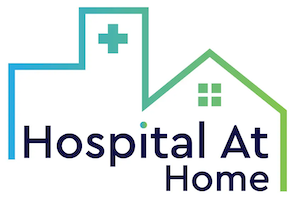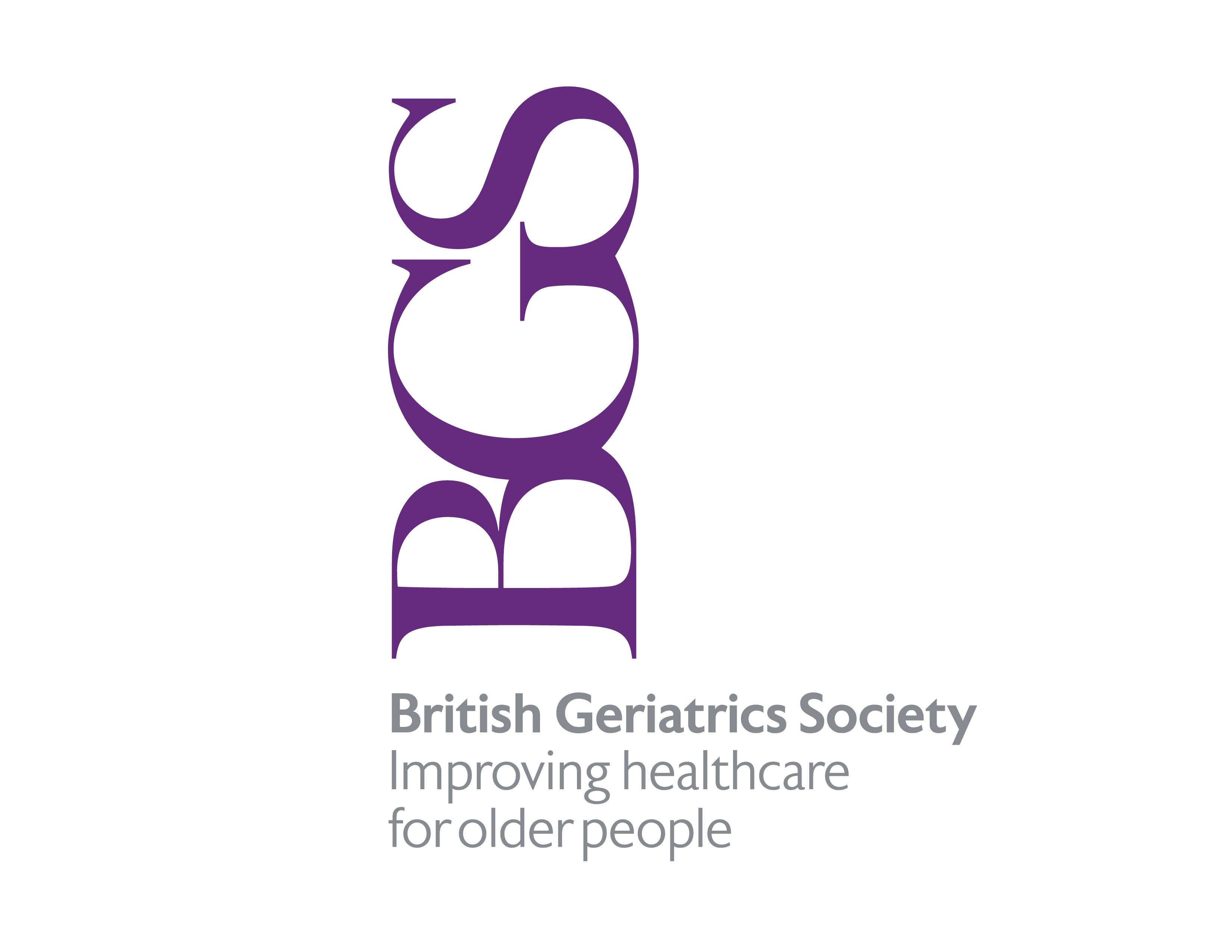Joint Statement: 'Hospital at Home' not 'virtual wards'
The UK Hospital at Home Society, British Geriatrics Society and Royal College of Physicians have released a joint statement in support of use of the term 'Hospital at Home', instead of 'virtual wards'.
Joint statement from the UK Hospital at Home Society (H@H), the British Geriatrics Society (BGS) and the Royal College of Physicians (RCP): ‘Hospital at Home’ not ‘virtual wards’
The H@H, the BGS and the RCP all believe that there is a need to use terminology that represents the care delivered and the skills required to provide hospital-level care at home. The term ‘virtual wards’ does not reflect the level of care and skill required, nor does it provide clarity to patients. We believe it is crucial that the appropriate terminology ‘Hospital at Home’ is formally adopted going forward.
Acute hospital-level care at home has been delivered for many years in some NHS services in the UK, with clinical and cost-effectiveness proven in a National Institute for Health and Care Research (NIHR)-funded trial.1 The Cochrane Collaboration has published systematic reviews confirming these findings using the term ‘Hospital at Home’, which unambiguously describes the care model for patients and clinicians alike.2
The RCP published a position statement in 20233 on Hospital at home and virtual wards, stating: ‘It is important that professionals, patients and the public have a clear and balanced understanding of the terminology, and of the immediate and future benefits and risks of Hospital at Home and virtual wards … The Royal College of Physicians (RCP) supports the acute care of people in their own homes using Hospital at Home models. Ward routines and processes should underpin this care. Training of physicians and other healthcare professionals in Hospital at Home is essential.’
In its 2022 publication on Virtual Wards and Hospital at Home4, the BGS outlined the potential for the term ‘virtual wards’ to cause confusion among patients and families, who regard the term ‘virtual’ to imply ‘remote’ or ‘online’ offerings. This is not representative of the care that patients receive in evidence-based approaches to Hospital at Home. The BGS additionally highlighted the mismatch between the virtual ward terminology and the underlying evidence base, which exclusively refers to Hospital at Home. The virtual ward terminology is used to describe Hospital at Home services only in England, and this can lead to further confusion when comparing services across the four UK nations.
After the roll-out of remote monitoring for COVID-19 to aid decisions on escalation of care from home to hospital after an acute respiratory deterioration, NHS England embarked on a large national programme to increase the NHS capability to deliver acute medical care outside hospital and used a new term, ‘virtual wards’. This term had previously been used to describe proactive care of people at risk of hospitalisation, but not during an acute episode of care.
The virtual wards care model initially described in NHS England policy documents, with the focus on the use of remote monitoring technology, does not have a robust evidence base.
While policy developments for virtual wards have now broadened the care model to include hospital-level care and not just remote monitoring, front-line clinicians report that the persistence of the term ‘virtual wards’ is confusing for patients as well as for clinicians themselves. Hospital at Home care models involve physically delivered care in the place that patients call home, and where appropriate they can be supported by remote monitoring technology.
The use within England of a term that does not represent the care model for patients, does not align with the pre-existing services, scientific literature and also professional societies globally should now be stopped. Our clinical colleagues who deliver hospital care at home across the UK and the many specialty physicians who either support or refer into these services would be best served by using a globally recognised and used term that reflects their professional role and is much clearer for patients.
The Royal College of Physicians urges government, the NHS in England and service providers to use the term Hospital at Home and not virtual wards. We have previously outlined the elements that are necessary for Hospital at Home services.3
The UK Hospital at Home Society, working with Hospital at Home societies in Europe, Australia, Taiwan, the Americas and the World Hospital at Home Congress, will no longer support the use of the term ‘virtual wards’ and instead will use the terminology that unites the global clinical and research communities and is the clearest possible term for the patients we serve – Hospital at Home.
The British Geriatrics Society supports this approach as a way of minimising confusion among patients, ensuring the connection between services as delivered and the underlying evidence base, and harmonising terminology across the four UK nations.
Professor Daniel Lasserson, past president, UK Hospital at Home Society
Dr John Dean, clinical vice president, Royal College of Physicians
Professor Adam Gordon MBE, president, British Geriatrics Society
References
1. Shepperd S, Butler C, Cradduck-Bamford A, Ellis G, Gray A, Hemsley A et al. Is comprehensive geriatric assessment admission avoidance hospital at home an alternative to hospital admission for older persons? : a randomized trial. Ann Intern Med 2021;174:889–898. https://doi.org/10.7326/M20-5688
2. Edgar K, Iliffe S, Doll HA, Clarke MJ, Gonçalves-Bradley DC, Wong E, Shepperd S. Admission avoidance hospital at home. Cochrane Database Syst Rev 2024;3:CD007491. https://doi.org/10.1002/14651858.CD007491.pub3
3. Royal College of Physicians. The RCP view: hospital at home and virtual wards. RCP, 2023. https://www.rcp.ac.uk/policy-and-campaigns/policy-documents/the-rcp-view-hospital-at-home-and-virtual-wards/
4. British Geriatric Society. Bringing hospital care home: Virtual Wards and Hospital at Home for older people. BGS, 2022. www.bgs.org.uk/virtualwards



© Copyrights by Hospital at Home. All Rights Reserved 2022 Site by @CPDme